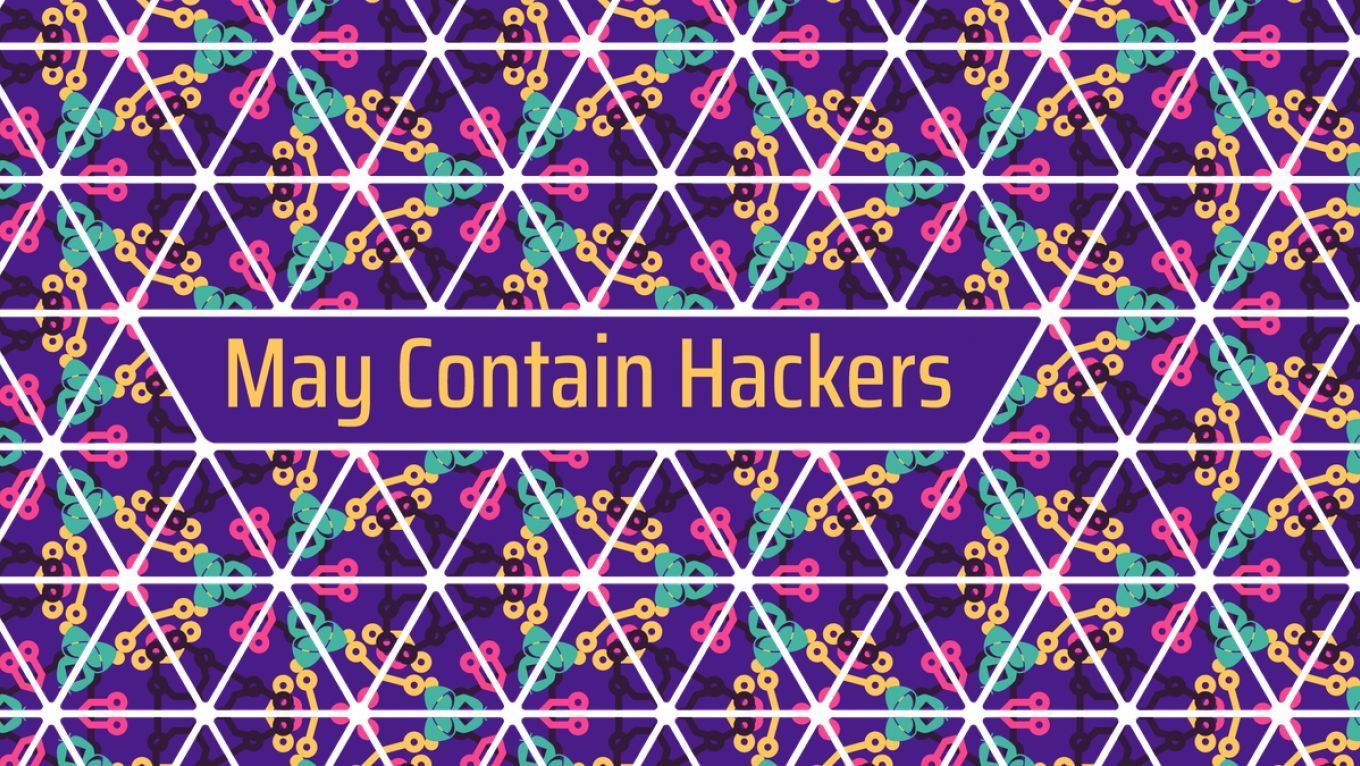MCH2022 Curated content
Literally Hacking the Planet: How Earth Systems Models Work
People have been modeling different parts of Earth's systems for decades, on different scales and with different goals from short term weather forecasting through actuarial risk prediction to long term climate models. In this talk I'll explore some of the typical models, methods, data formats, infrastructure layouts and design assumptions that go into such models, and discuss some low hanging fruit available to improve them.
Earth is a pretty complicated system, consisting of numerous sub-systems operating at different time and energy scales. All the systems are strongly coupled. These include the atmosphere, oceans, freshwater, cryosphere and biosphere, all of which can be further subdivided by various schemes.
The problems facing people trying to model these systems are numerous: there's a lot of data, all of it is bad, most of the code is written in Fortran, and all of it is horribly slow.
To make matters worse, modeling Earth is computationally intractable without some simplifying assumptions. For instance, if your global grid for weather prediction has "pixels" that represent more than 16km², the physical parameterization can't "see" convection, so you miss most storms. And yet somehow people manage.
In this talk, we'll start with a brief introduction to how some Earth systems work, describe some parameterizations, and then look at different free software/open source models operating under different domains, assumptions, and scales. Finally, we'll do a quick review of some of the many places where there is room for improvement.
Additional information
| Type | Talk |
|---|---|
| Language | English |
More sessions
| 7/22/22 |
⚠️ Warning! This talk may contain hackers. There may be hackers in the room. There may be hackers surrounding the room. There may be hackers recording this. There may be hackers listening in. There may be hackers that exfiltrate data. There may be hackers wearing shirts. There may be hackers carrying spying devices. OH NO! There are hackers EVERYWHERE! What can we do now, except having a party?
|
| 7/22/22 |
What do big tech, synthesizers, the crucifixion and Matthäus Passion have in common? Find the answer in the tech performance The Silicon Passion. We’ve all embraced big tech —but is it a warm hug or a strangulation? Bear witness to a debate of biblical proportions between tech nerds, technology and its users. In The Silicon Passion SETUP, in collaboration with de Transmissie (David Schwarz en Derk Stenvers) and Rodrigo Ferreira, is looking for a way out of the pit that technology has ...
|
| 7/22/22 |
Lightning talks are a 5 to 10 minute quick talk on an interesting subject. They can be with or without slides, and with or without proper preparation. if you weren't accepted in the main CfP, this is also a great opportunity to give an abridged version of your talk. These sessions will be available to sign up to later on, with details on the wiki: https://wiki.mch2022.org/Static:Lightning_Talks
|
| 7/22/22 |
In this workshop, we will learn how to assemble tiny parts on circuit boards by building an electronic touch-activated purring kitten. Anyone can do it. Yes, even you who never touched anything electronic before. Takes 120mins, 20€/kit, avoid caffeine immediately before. Max 10 participants per session, sign up on PAPER at the Hardware Hacking Area.
|
| 7/22/22 |
This is a submission for a keynote talk at MCH2022. The Internet is both a familiar, comfortable place as well as a bottomless rabbit hole you can lose yourself in. The Internet has always been like this from its inception, the difference now is the scale and consequences are almost immeasurable - and it tests the limits of human imagination. When you look into the mirror of the Internet what you see reflected back depends on what you are looking for. It has become largely a reflection of ...
|
| 7/22/22 |
Have you ever forgotten a passphrase or lost a hardware token? Lost access to enough Bitcoin to buy a pizza or two? Encryption is fundamental to securing our liberties, but key and password management remain difficult even for professionals, let alone the general public. This talk presents Passcrow, an Open Source project attempting to address one of crypto's largest usability issues: password and key recovery in a decentralized environment.
|
| 7/22/22 |
Thanks to DNSSEC and DANE, it is possible to automatically verify user@domain.name identities by checking with domain.name servers. The real problem however, is integration with existing protocols, instead of inventing something completely new and perhaps web-only. The purpose of our work on Realm Crossover mechanisms has been to design generic solutions that extend many different application protocols, without changing their protocol specs.
|

